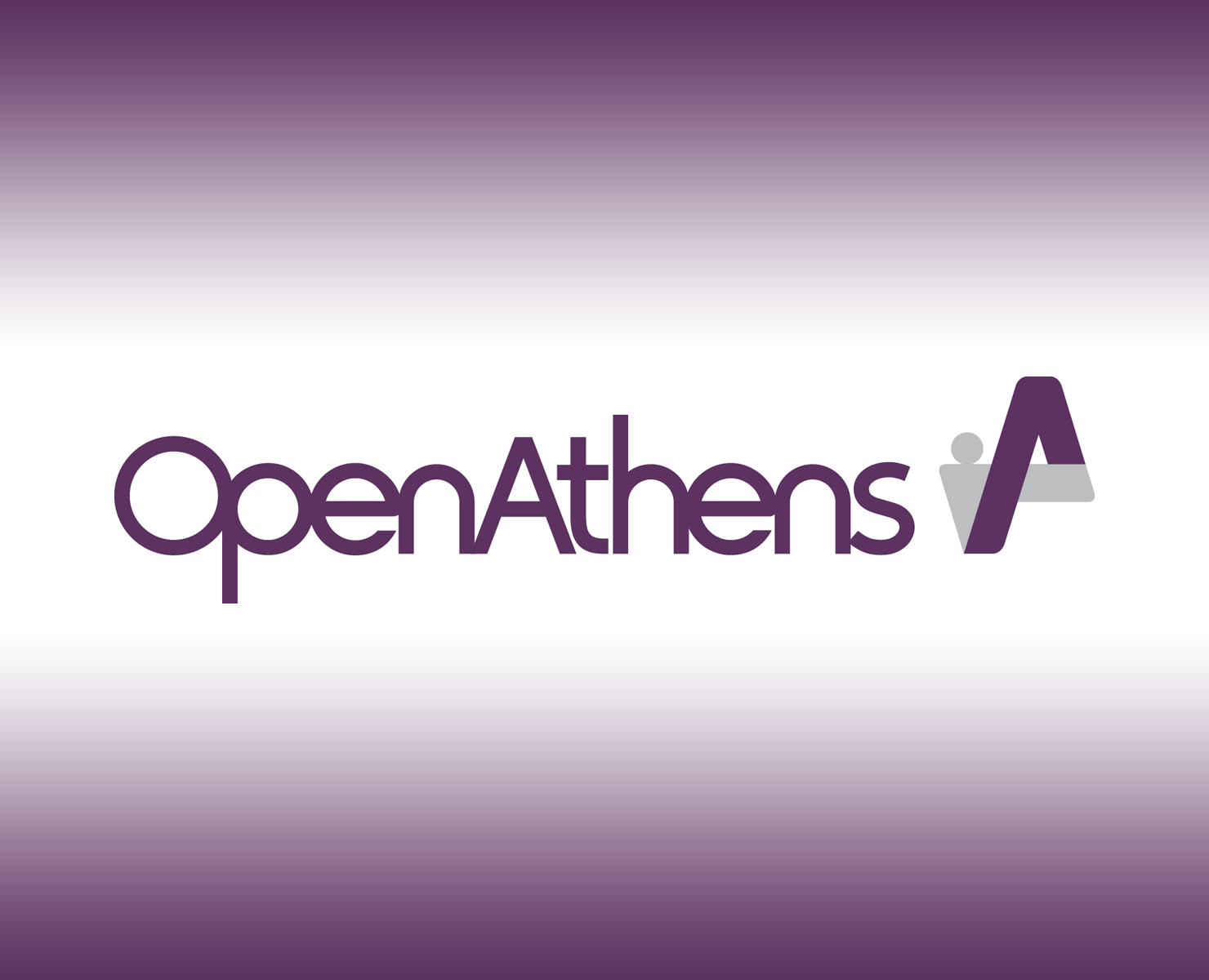
OpenAthens, which provides federated identity and access management services to a global client base, is restaging its highly popular panel session on the topic of federated access following the overwhelming response to the session at this year’s conference.
Chaired by Tasha Mellins-Cohen, director of publishing at the Microbiology Society, the eminent panel of four is being reunited for a follow up webinar to complete the debate-style discussion.
The webinar takes place on Monday 9 July at 4pm BST. Tasha will be joined by fellow conference panellists Richard Northover, project director of Elsevier; Dr Sandra Tury, head of library services at the University of London; and Catherine Micklethwaite, library and information services manager and staff governor at Torbay & South Devon NHS Foundation Trust.
Commenting on the first session, Tasha says: “It was a good discussion, but we simply ran out of time to go through all the topics relating to this subject and there was such interest that it’s great to be running it again.
“Our main focus at the conference was around a single question: if federated access has failed the end user, how?
“We covered this question by reviewing the variety of ways in which publishers have set up their federated access resulting in a wide range of user experiences and languages being used. This has led to concern in the sector as we now have so many ways of signing in to access published material.”
“There was acknowledgement that many users simply want to start with a search engine as their first access point such as Google or Google Scholar. It’s unrealistic to expect users to always sign in through their provided library services platform, so our debate centred on how we can manage that as an industry.
“The webinar will move on from this initial headline topic to look at user privacy in a post-Cambridge Analytica and post-GDPR world. We’ll consider, given how many attributes can be passed through SAML protocols, how we can we preserve privacy through federated access.”
The speakers will be challenged to present their case in a two-minute elevator pitch as the format for the webinar. Questions that conference attendees submitted for the original panel will be covered and webinar participants will also be encouraged to post questions during the live online session for the panel to answer.
“We will answer questions on how a seamless experience can be provided to encourage users to access legitimate resources,” added Tasha.
“Finally, we’ll talk about what the future holds for access management. My own view is that we don’t yet have the technology to solve this problem. We need to collaborate as a community to agree on standards and transparency, much as with did for usage statistics under the COUNTER umbrella and as we’re doing now with Metadata2020. This kind of collaboration is sadly lacking in the access space. I’ve been on record as saying I think these are issues for RA21 – it’s a good start but it doesn’t go far enough.
When asked how the current state of play can be addressed to move towards a more user-friendly system, she adds: “It’s important to start slowly in bringing about change as we cannot unpick 20 years of technology development to start again.
“We’re now in a world where there are very few print-only publications left – everyone now has some online presence and there has been significant investment of time and money in creating access technology and platforms and we need to address the key issues around this.”
The OpenAthens webinar will be of interest to librarians, publishers and end users of federated single sign-on solutions.
Register to join the webinar or to receive a copy of the webinar recording.



























